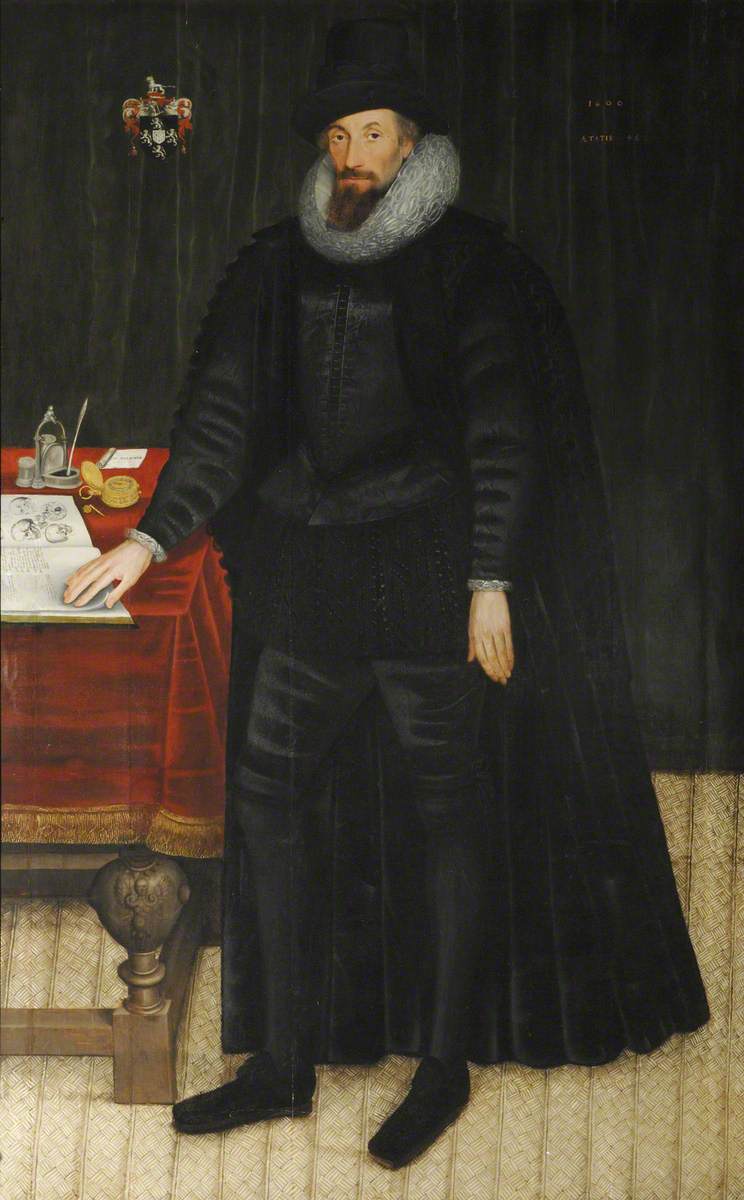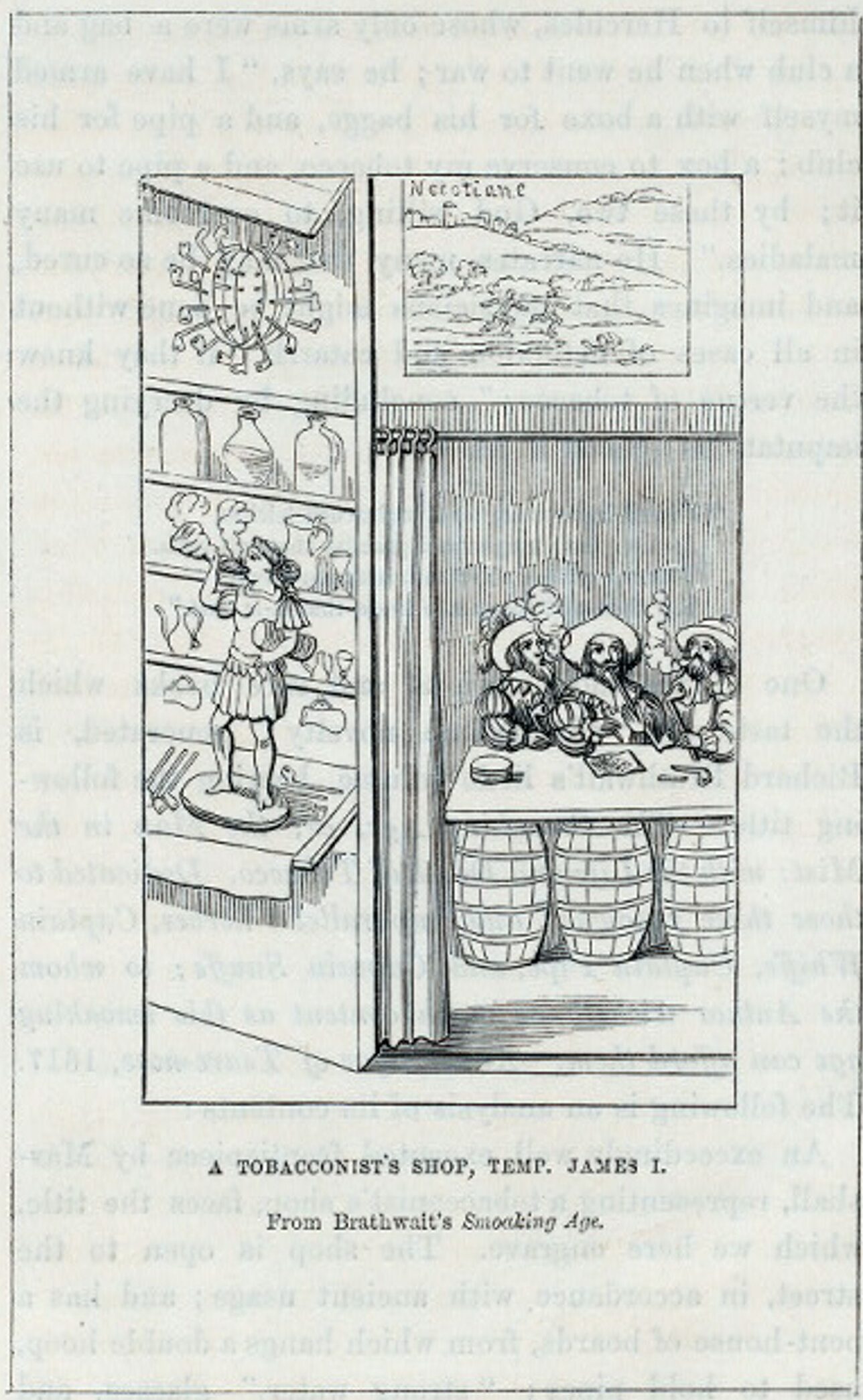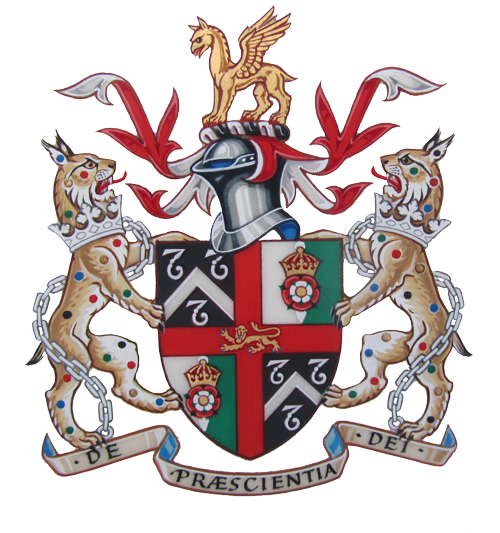On this day in 1609 Sir William Paddy was replaced as Reader of Anatomy to the Company by Matthew Gwinne. The Court Minutes recorded:
Att this Court upon the motion made by Sr William Paddy Knighte and at his earnest request and suite made to this Courte and uppon the surrenderinge up of his place which he held for the redinge of the Anathomyes lectures for discection thereof It is by a generall consent of the whole Courte agreed That Mr Doctor Gwyn doctor in Phisicke shall from henceforth possesse his place in the Hall for readinge of the discection of the Anathomy Att such tymes and when as any such shall happen or be.
Sir William Paddy (1554–1634) and his successor Matthew Gwinne (1558–1627) were friends; both had been educated at at the Merchant Taylors’ School & at St John’s College Oxford, where they were later contemporary as fellows. Paddy graduated M.D. at Leiden in 1589, was President of the Royal College of Physicians four times between 1609-1618 and in 1603 became Physician to James I, from whom he received his knighthood. Gwinne was created M.D at Oxford in 1593 and 1597 was nominated the first Professor of Physic to Gresham College on its founding.

Both Paddy and Gwinne were also writers of poetry and prose. Paddy’s adulatory verse on the death of Elizabeth I and on her successor gained him the patronage of that successor, James I. Paddy also wrote adulatory verse to to his friend Gwinne, on his Latin play, Vertumnus, sive annus recurrens, performed before King James and Queen Anne at Oxford in August 1605.
On that same occasion, Gwinne and Paddy debated on opposing sides for the Royal entertainment the questions of whether the morals of nurses were imbibed by infants with their milk, and whether the smoking of tobacco was wholesome. The King’s own views on smoking had been made clear in his A Counterblaste to Tobacco of 1604, along with continued efforts to restrict its increasing popularity by control and taxation. Whatever their true views on the subject, Gwinne and Paddy were both to gain considerable income from its ongoing growth by being appointed commissioners in 1620 for garbling (or inspecting for the adulteration of) tobacco.

Further reading:
Royal College of Physicians ‘Inspiring Physicians,’ Sir William Paddy. Available to read online
Dictionary of National Biography (Wikisource), 1885-1900 Gwinne, Matthew. Available to read online
Poetry of Sir William Paddy, MD (1554-1634), by Donald Pady and Will Sharp. Online article
A counter blaste to tobacco, King James I, (RB, London 1604). Available to read online
